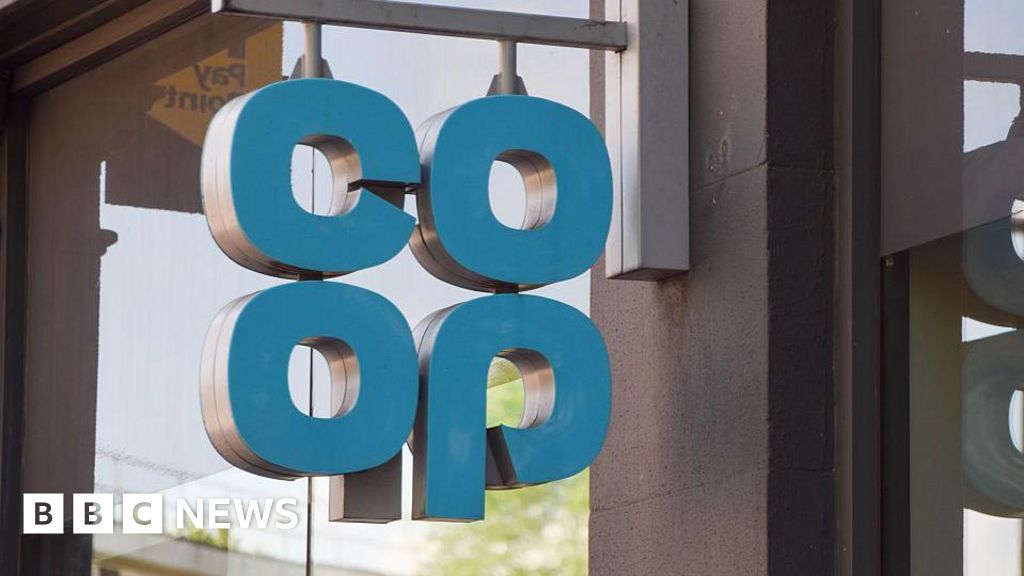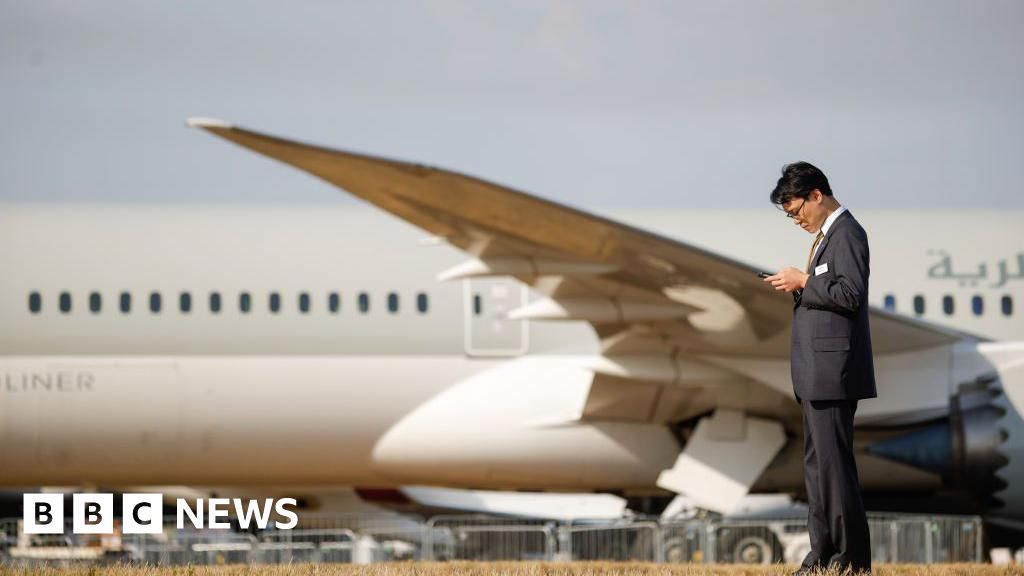ARTICLE AD BOX
By Alice Cuddy
UK Insight
Watch: How the rising cost of living is affecting 13-year-old Molly and her mum Adele
Families with disabled children who rely on specialist medical equipment say they are facing impossible choices as energy bills in the UK soar.
Some 5,500 families took part in a survey by leading disability charity Contact, shared with the BBC, about the impact of increasing energy costs.
Almost 2,000 families said they feared their child's condition would get worse as a result of rising prices.
The government said support was available to help with fuel bills.
About 600 respondents to the survey, which has been shared exclusively with the BBC's new podcast Access All, said they would have to stop or cut back on using specialist equipment and aids.
Many more said they would go without heating, food or new clothing.
'We're already living on the breadline'
Single mum Adele Ingham lives with her 13-year-old daughter Molly, in Greater Manchester. Molly has Batten Disease - an incurable illness that affects the nervous system - and relies on various electronic equipment in her daily life.
"She was diagnosed at 10," Adele says. "At that point she could do most things other children could do. Now she's fully hoisted, she lost her eyesight, she's gastrostomy fed."
Image source, Adele Ingham
Image caption,Molly (left) was diagnosed with Batten Disease three years ago
Molly's basic daily needs all add extra costs to the small family's energy bills, and as a full-time carer for her daughter, Adele says she struggles to keep on top of them.
"The wheelchair needs to be charged, I've got two hoists in the house that constantly have to be on charge, a through-floor lift that uses extra electricity, suction machines because of her saliva. We've got several washing loads every single day because she goes through things like dribble bibs frequently," Adele explains.
Contact's survey found, on average, respondents had energy bills of £1,909 last year - £600 more than the average UK household. Adele already spends more than £2,000 a year on gas and electricity.
But energy prices are rising quickly. And earlier this month the energy price cap - the maximum price suppliers in England, Wales and Scotland can charge households - was increased, meaning most bills are set to rise further.
"We're already living on the breadline, and Molly's electrical equipment is needed," Adele says. She is already making cutbacks in an effort to reduce her bills, including stopping using the tumble dryer and turning off the heating when Molly is in bed.
But while she has tried to make changes that don't affect Molly, she has not been able to shield her daughter from all of them. "There's times where I've had to think 'OK, I won't go out tomorrow. I won't charge the wheelchair,'" she says.
Image source, Adele Ingham
Image caption,Molly relies on various electrical equipment every day
Elsewhere in the country, Kerry Richmond says she relies on a "phenomenal" amount of equipment for her 12-year-old son Oscar, including a wheelchair, feeding pump and epilepsy monitor.
Oscar's rare genetic condition means he is unable to regulate his body temperature, but Kerry says the family have turned down the heating in all of the bedrooms apart from his, and now use only a "puddle" of water when he has a bath.
"We're really not going to get a good idea of how bad things are going to get until we start entering winter," she says. "I cannot be without electricity - these are things he needs to survive."
Families with disabled children who do not rely on specialist equipment say they are also struggling.
Nicola Colenso's daughter Yasmin has the neurological condition Sturge-Weber syndrome and has been doubly incontinent for most of her life.
"The biggest cost for us where daily electricity is concerned is the fact that every day we have to wash her bedding," she says.
Image source, Nicola Colenso
Image caption,Nicola says Yasmin's condition means she has to do extra loads of washing every day
The family's energy bills have always been expensive but it's "going through the roof", she adds.
Contact found that more than 40% of the families who spoke to them had already gone without heating at some point during the winter due to the costs of their energy bills, and more said they would have to do this now the prices are rising.
Calls for more support
Dozens of the UK's leading disability charities have written to Energy Minister Greg Hands and Chancellor Rishi Sunak calling for more support. "Disabled children and adults need their benefits uprated in line with inflation," the letter says.
Among other requests, it calls on the government to make a £200 energy rebate, announced in February, a non-repayable grant for disabled people.
A spokesperson for the government said it was "committed to making the UK more inclusive and accessible for disabled people".
They pointed to general energy initiatives such as the Cold Weather Payment and Warm Home Discount, adding that this was "on top of extra financial support available to those with disabilities, or those who care for them".
But parents like Adele say the support available isn't enough for children like Molly, who she says are living on "borrowed time".
"She should be living her life to the full at the moment but unfortunately we don't have enough money to be going out because all the spare money we do have has to be kept in the account for fuel bills."
You can listen to the podcast and find information and support at the Access All page.
BBC Access All launches on Friday

 3 years ago
65
3 years ago
65








 English (US) ·
English (US) ·